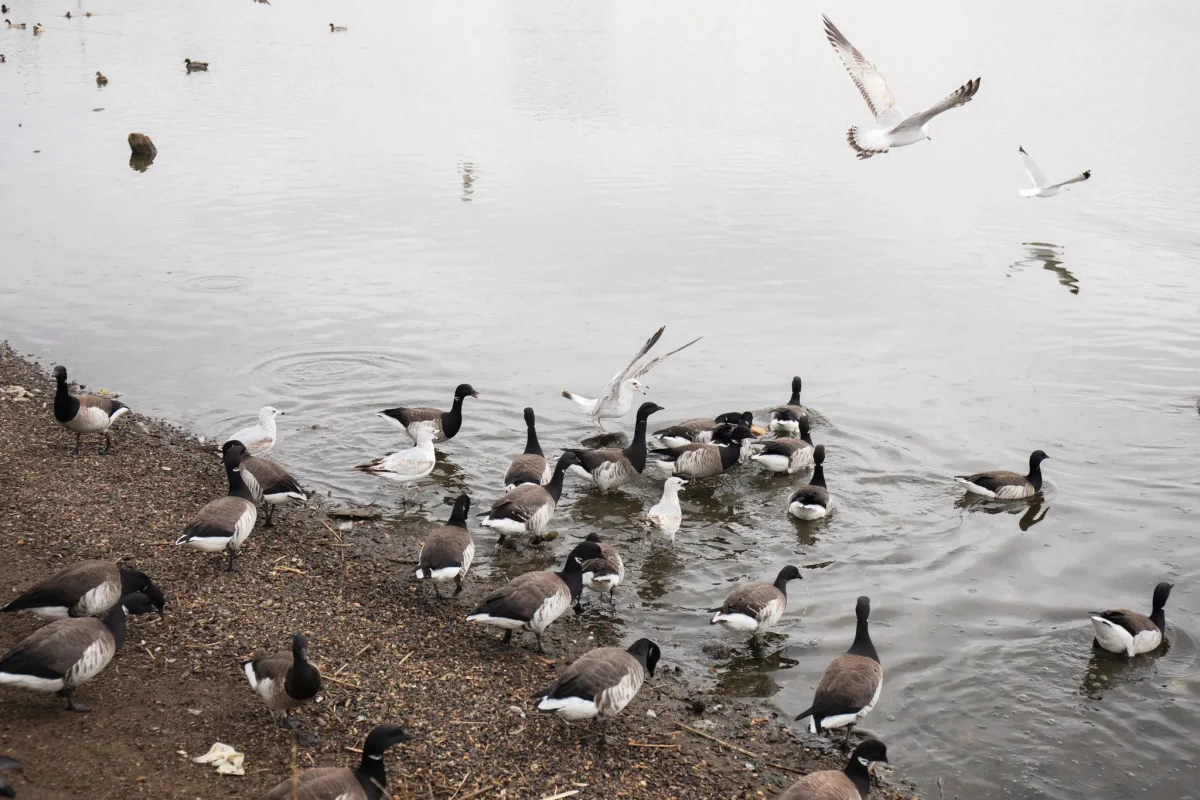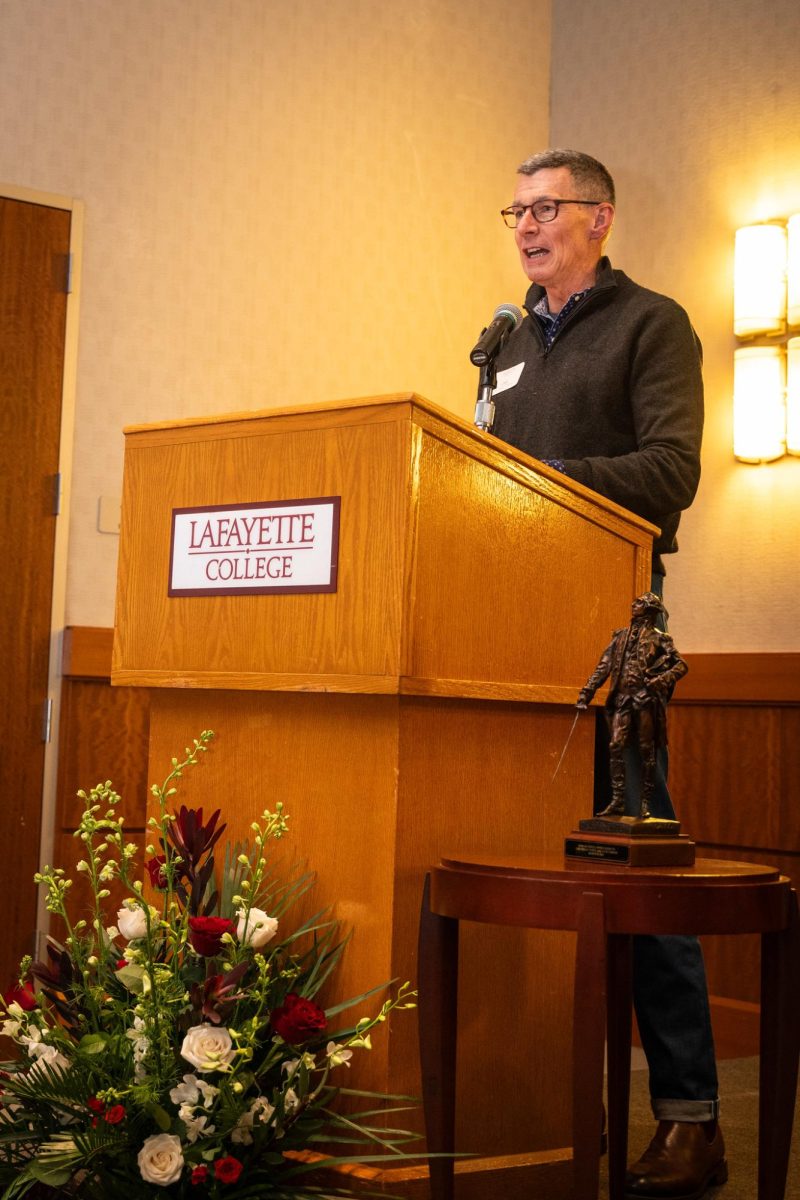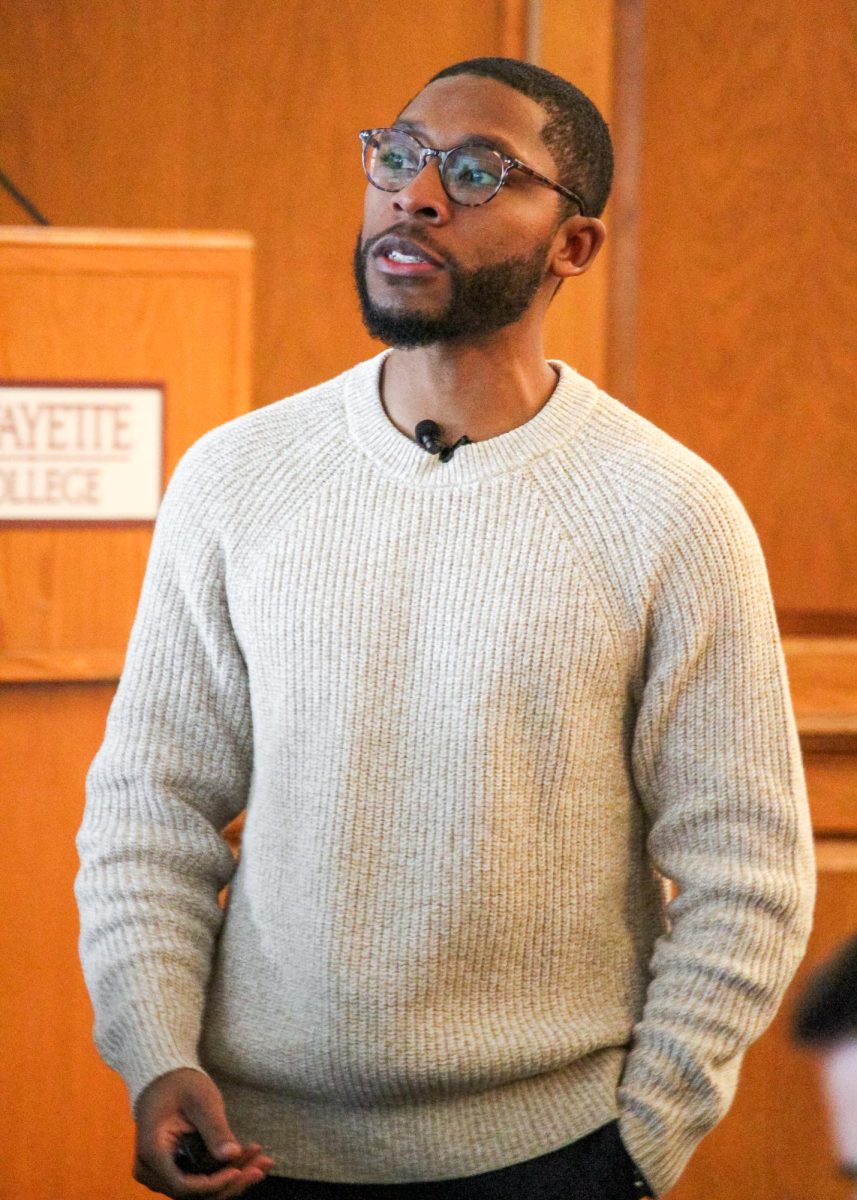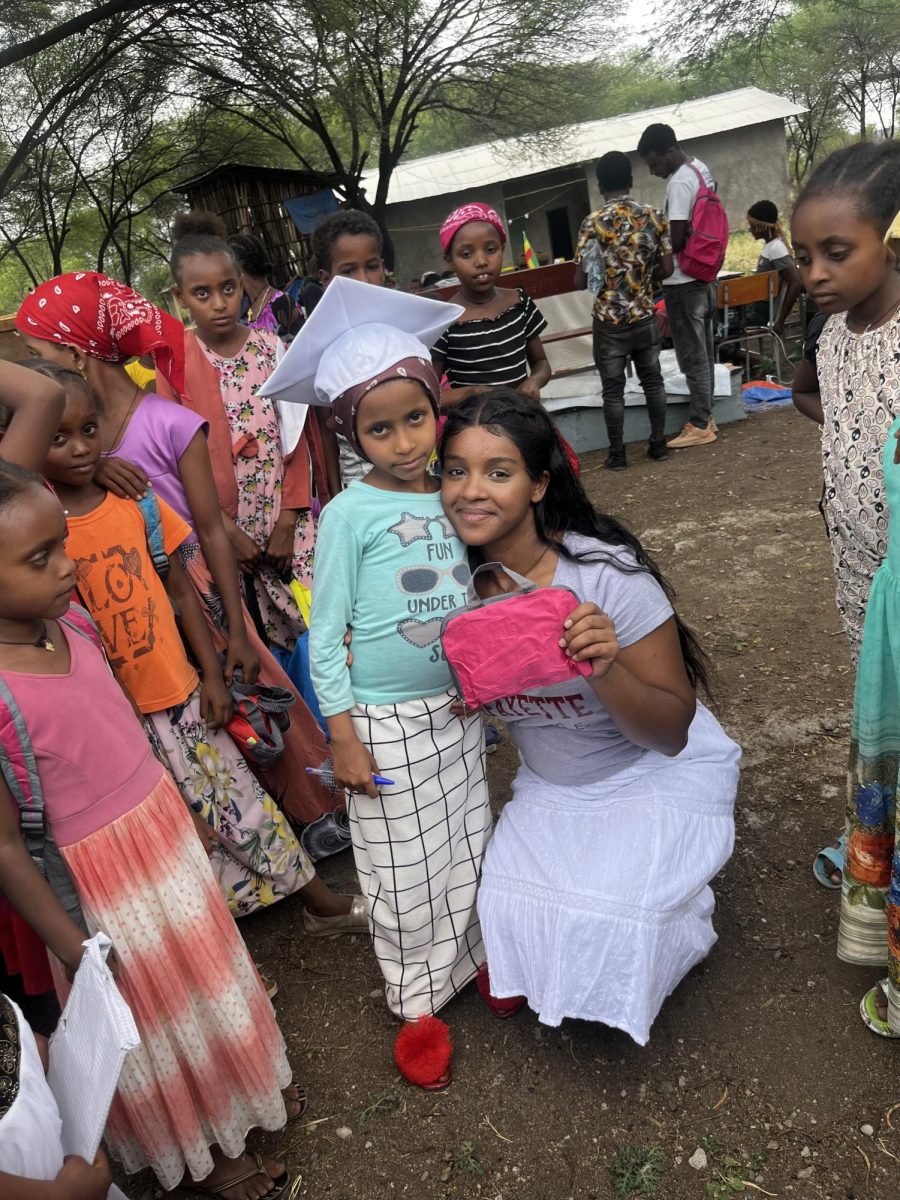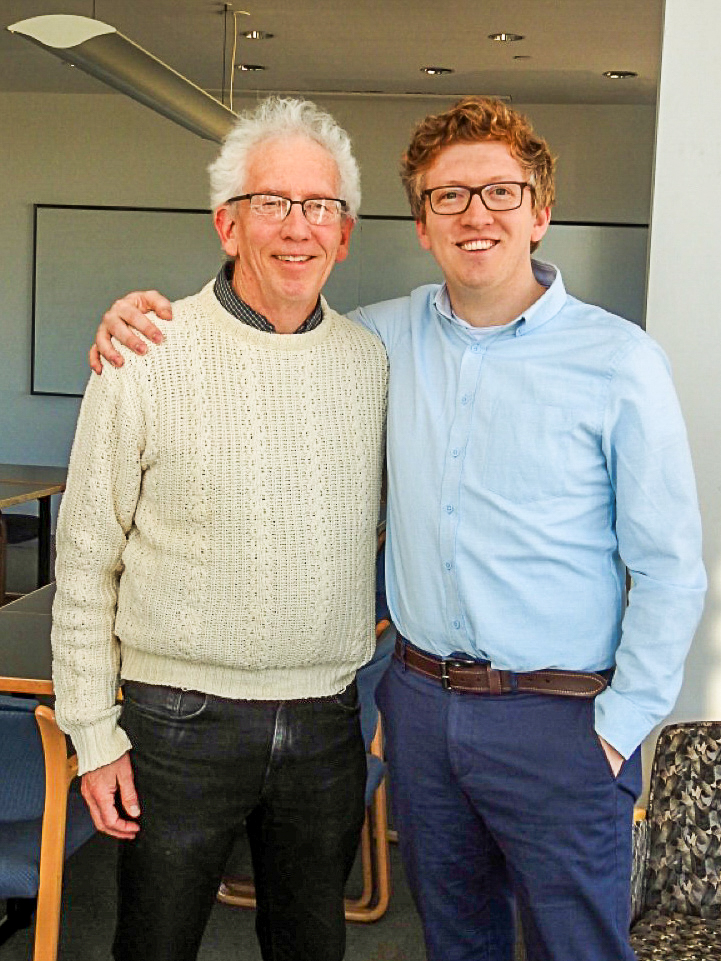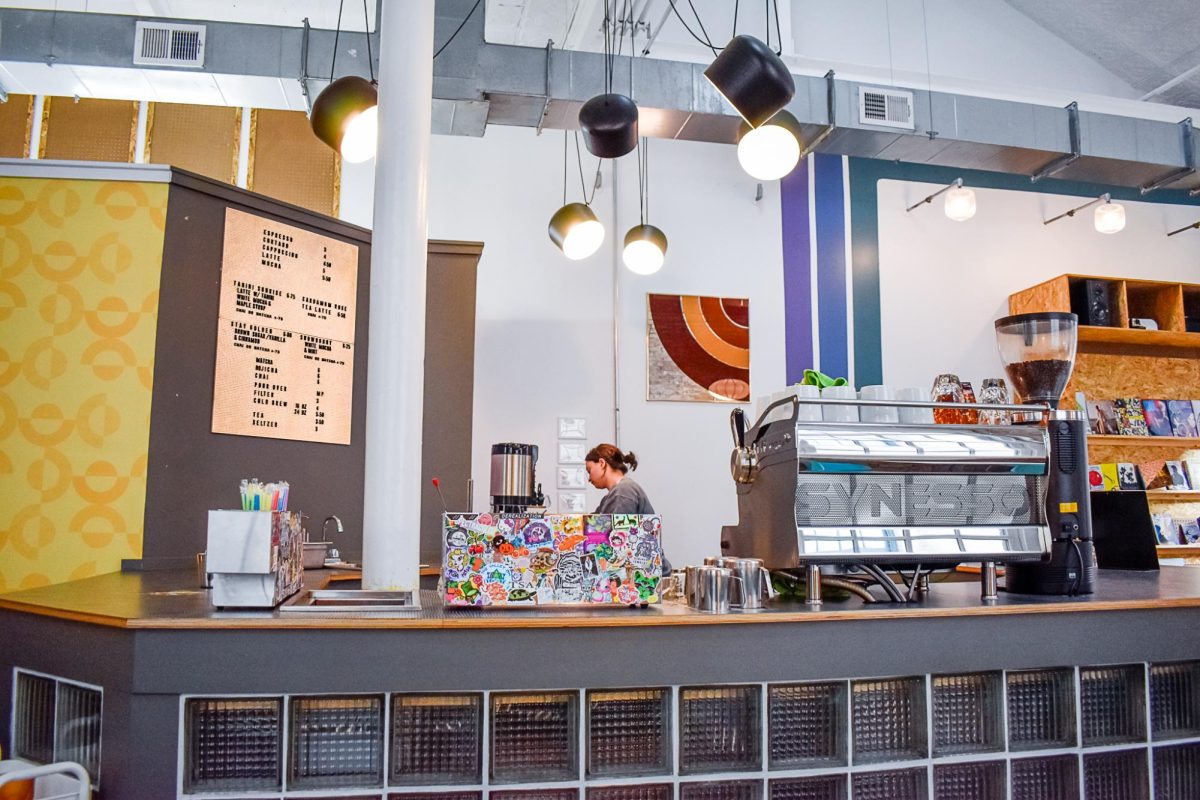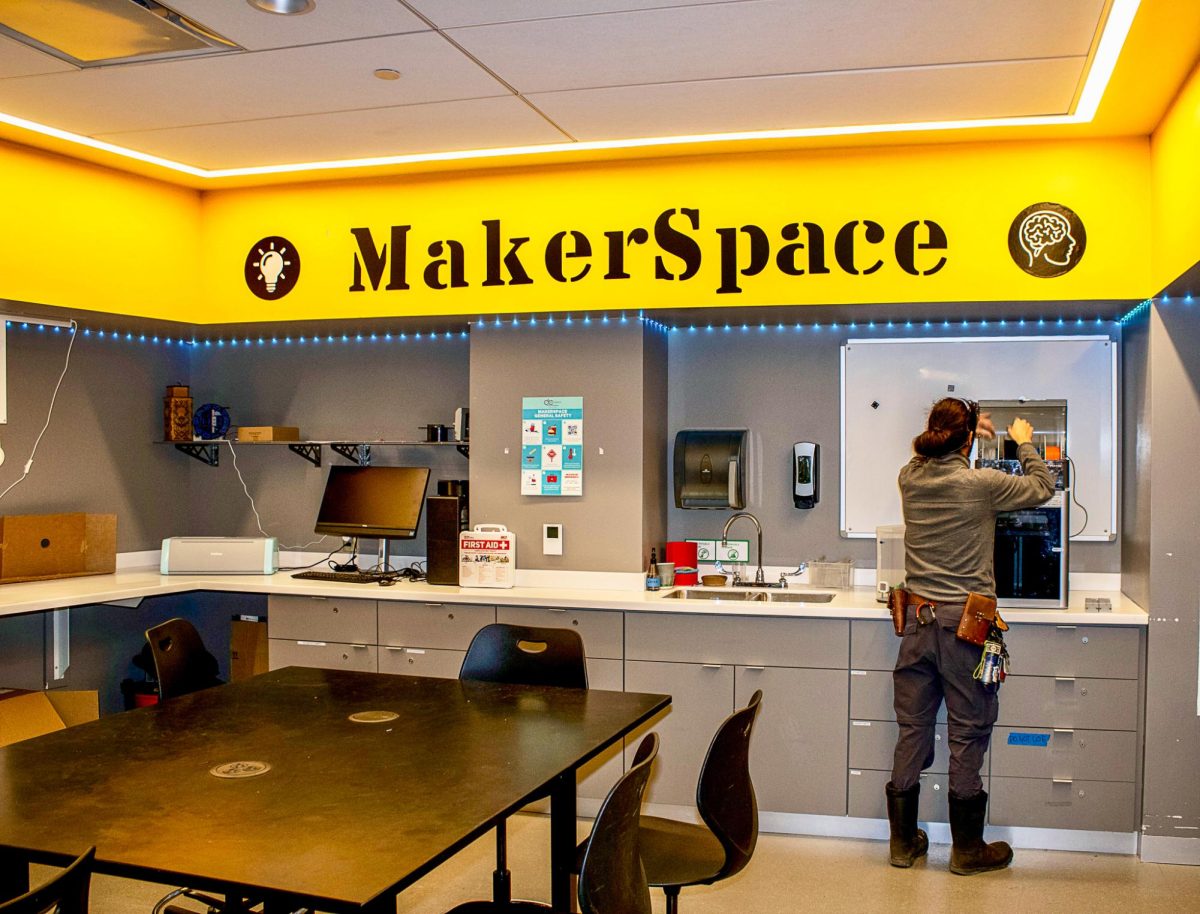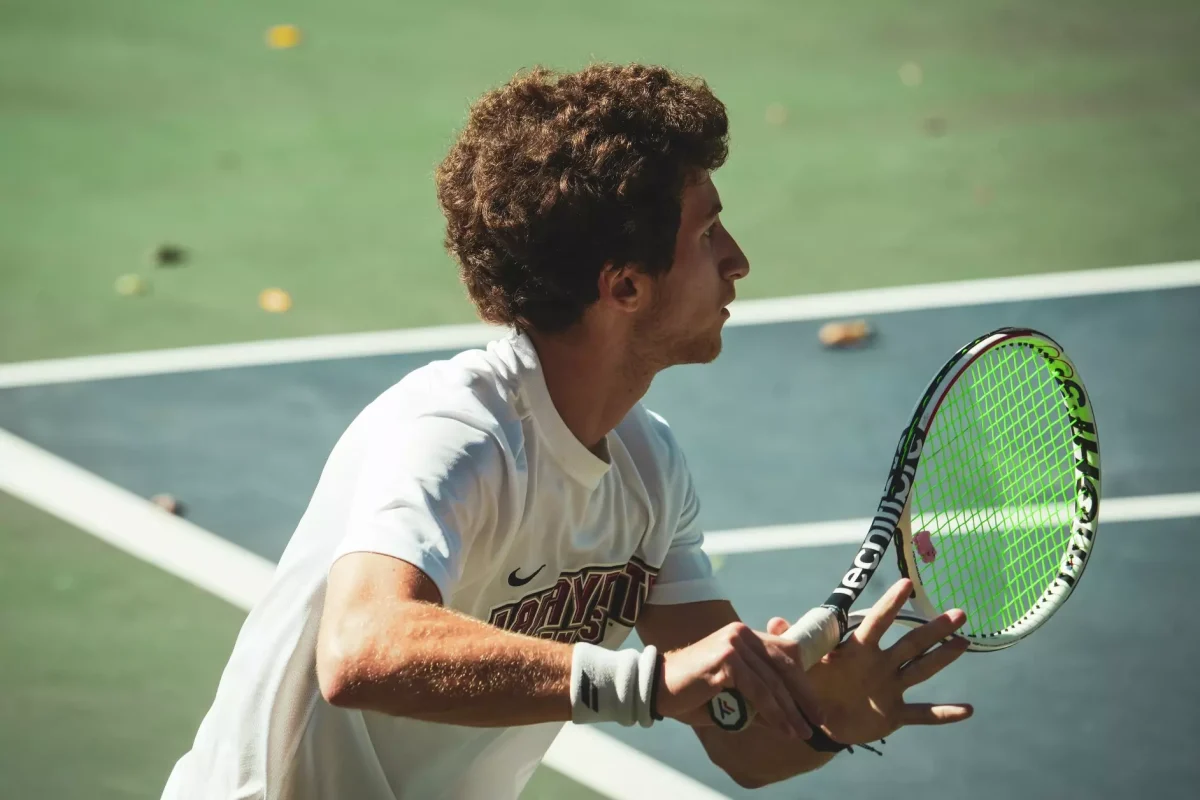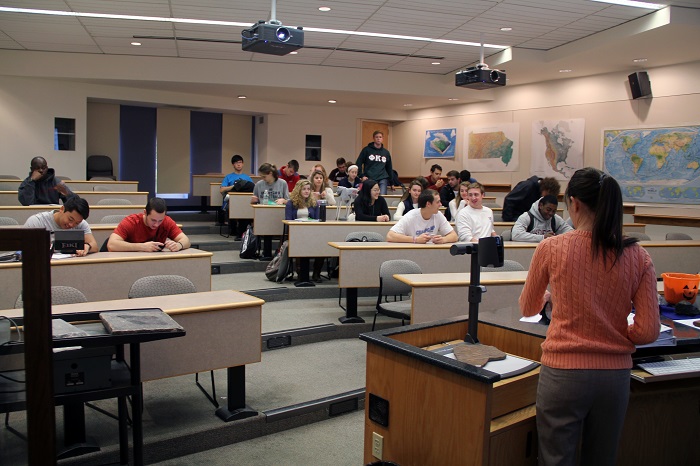Students are listening to a lecture in Van Wickle. STSC courses are an alternative way to introduce the sciences to students who are not science or engineering majors.
Photo by Christie Behot ‘16
With registration for spring semester classes looming next week, students are busy researching which classes to take and figuring out how those classes will fulfill graduation and major requirements.
One course designation that students may encounter is Science and Technology in a Social Context or STSC.
Despite being science and technology-based courses, STSC classes are not necessarily targeted toward science and engineering majors. These courses do not have a lab requirement, according to the Faculty Advising Handbook.
Students from the classes of 2016, 2017 and 2018 must take two Natural Science with lab classes according to Common Course of Study. STSC classes can replace one of those Natural science courses.
“[The class] is trying to bring about an education in technology to individuals that wouldn’t necessarily have the engineering background to look at [the sustainability] problem,” professor of civil engineering Roger Ruggles, who is teaching “Envisioning a Sustainable World” next semester, said. “That’s why we picked the word ‘envisioning’. It’s not designing. That’s why I like this particular course. I’d like to get students who are non-engineers over that hurdle of ‘Oh man, there is no way I can take an engineering course’. It’s about understanding technology and we do it all the time,”
STSC classes will still focus on the science behind the topics, but will also consider the broader implications.
“In addition to covering the science, technology, and ecology of food production, we also discuss many important philosophical and ethical issues relating to food production and consumption such as pesticide usage, genetically modified food, animal welfare, and veganism,” professor of biology Megan Rothenberger, who is teaching the class “Edible Ethics” next semester, wrote in an email.
“Edible Ethics” and “Envisioning a Sustainable World” are two of three STSC courses available for students to take in the upcoming semester.
“Edible Ethics” focuses on current ethical issues in food production.
“For human society, food ethics are about the choices and decisions we must make as we try to balance feeding the world’s growing population with the need to protect our natural resources for future generations,” Rothenberger wrote in an email. “For the individual, food ethics are about becoming more conscientious consumers. In Edible Ethics (BIOL 110), we explore the interactions between agricultural production, environmental quality, and human well-being.”
In the engineering department, students can take “Envisioning a Sustainable World” with Ruggles. This class will consider the societal influences of sustainability.
“It will focus on sustainability and how society is moving in that direction,” Ruggles said. “While there will be some engineering in it and how engineers look at it, it’s also about how society looks at the sustainability problem that we have.”
Professor of geology Lawrence Malinconico will teach “Earth in Eruption: Volcanology,” which will provide an in-depth look at volcanic eruptions and their impacts on society.
“This [course] is to be a more comprehensive look at what causes volcanic eruptions, where do volcanos occur, what are the styles of volcanic eruptions, how do we monitor and predict volcanoes and subsequent volcanic eruptions, and what are the hazards associated with volcanos,” Malinconico said. “For example Kilauea [currently- erupting Hawaiian volcano] is threatening to run through a town. Lava flow is a certain type of hazard that would be one of the things that we would look at.”
STSC classes not only provide a way to fulfill a graduation requirement, but can also give students a new perspective on science.
“The idea of the STSC is not to recruit majors, but rather to expose a way of thinking,” Malinconico said. “If we do convince someone that geology is cool, which we know it is, then great.”




